"I've expressed my willingness to assist where it's appropriate and legal, but, unfortunately, the US government has been working hard to limit my ability to do so," Snowden said in the letter, which was published in the Brazilian daily Folha de S Paulo.
"Until a country grants me permanent political asylum, the US government will continue to interfere with my ability to speak out," he said.
Though many media outlets depicted the letter as an offer by Snowden to "exchange" or "swap" his assistance for political asylum, nothing in the letter suggests a quid pro quo.
More accurately depicted, Snowden's letter shows the whistleblower offering his assistance but also voicing the reality of his predicament, stripped of his ability to travel, stuck in Russia with only temporary and restricted status, and under threat of arrest by his own government for exposing some of the NSA's most deeply held secrets regarding behavior that the federal ruling on Monday deemed as an affront to constitutional guarantees.
"American Senators tell us that Brazil should not worry," Snowden's letter reads, "because this is not 'surveillance,' it's 'data collection.' They say it is done to keep you safe. They’re wrong.
There is a huge difference between legal programs, legitimate spying, legitimate law enforcement, where individuals are targeted based on a reasonable, individualized suspicion, and these programs of dragnet mass surveillance that put entire populations under an all-seeing eye and save copies forever."
"These programs were never about terrorism," the letter continues, "they're about economic spying, social control, and diplomatic manipulation. They're about power."
Though Snowden welcomes the idea of nations and global citizens banding "together against injustices and in defense of privacy and basic human rights"—there is no suggestion that his willingness to assist others would be granted or refused in exchange for specific assistance.
In fact, though it's clear that a long-term asylum would allow him more freedom to "speak out," as he says, he has resigned himself to the fact that he may never have a nation to call home again.
"The price for my speech was my passport, but I would pay it again," the letter states. "I will not be the one to ignore criminality for the sake of political comfort. I would rather be without a state than without a voice."
Common Dreams
MNA
END



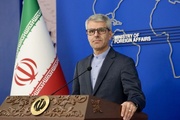
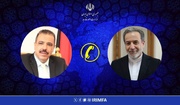




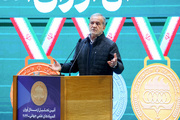
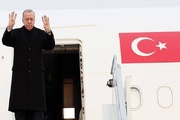




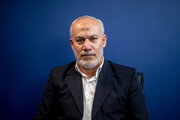
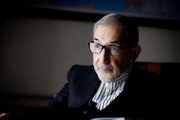
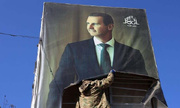



Your Comment